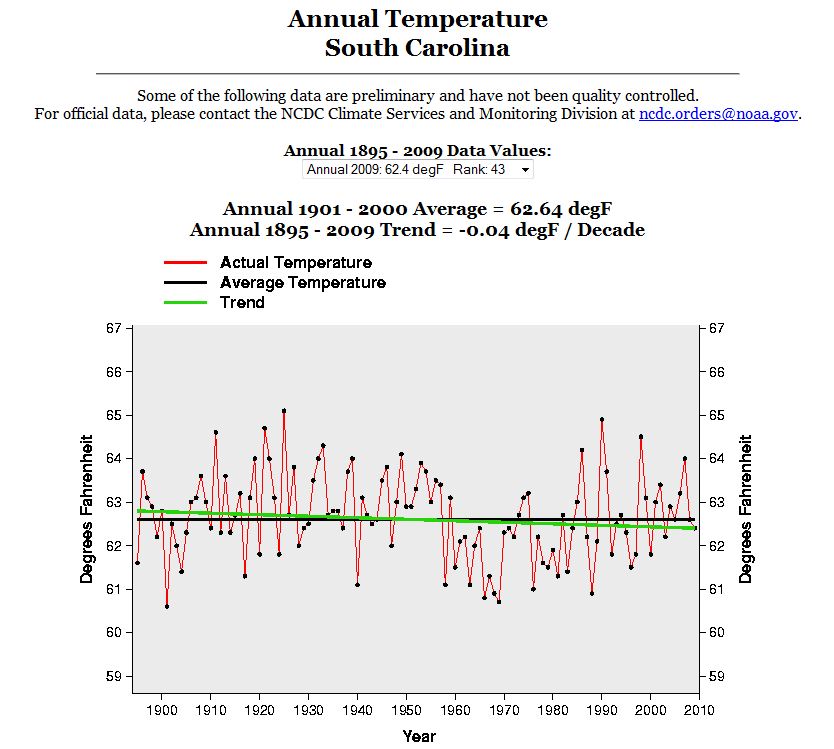Brian Todd of the University of California at Davis and colleagues set up a net around a wetland in South Carolina starting 30 years ago, and trapped the animals that came and went.
“We analyzed 30 years of data on the reproductive timing of 10 amphibian species … and found the first evidence of delayed breeding associated with climate change,” they wrote in their report.
“We also found earlier breeding in two species. The rates of change in reproductive timing in our study are among the fastest reported for any ecological events,” they added.
The changes coincided with a 1.2 degree C warming in average overnight temperatures at the site.
“Our results highlight the sensitivity of amphibians to environmental change and provide cause for concern in the face of continued climate warming,” Todd and colleagues concluded.
The dwarf salamander Eurycea quadridigitata and marbled salamander Ambystoma opacum, both autumn-breeding species, arrived significantly later in recent years than at the beginning of the study, they found.
One minor problem though, temperatures in South Carolina have been cooling for the last 115 years.
http://www.ncdc.noaa.gov/oa/climate/research/cag3/sc.html



yep, frogs and salamanders can pick lotto numbers too…
That explains the frozen frog eggs in the pond this morning,
they are friggin brilliant
About as smart as Brian Todd.
What about the geckos? I will be so glad when they die out and stop doing commercials!
I am always surprised that these articles are published without the editor asking whether temperatures in the area being studied have actually increased or decreased.
Global warming is unequivocal. No need to check the data.
The salamander must be screwing like crazy with all the cold weather!
“The changes coincided with a 1.2 degree C warming in average overnight temperatures at the site.”